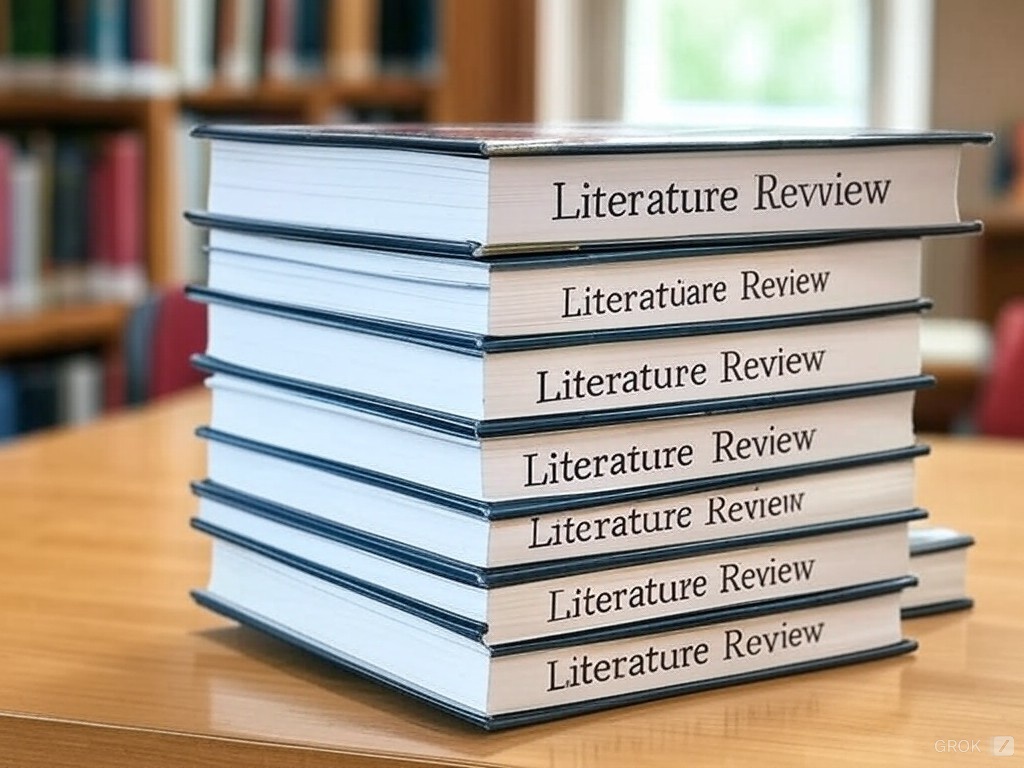What is a Literature Review? Complete Guide for Students

What is a Literature Review? Complete Guide for Students
A literature review is more than just summarizing existing research—it's a critical analysis that demonstrates your understanding of the current scholarly conversation about your topic. Whether you're writing a research paper, thesis, or dissertation, mastering the art of literature review writing is essential for academic success.
This comprehensive guide will walk you through everything you need to know about literature reviews, from their basic definition to advanced techniques for synthesizing research. We'll explore practical strategies, common challenges, and expert tips to help you craft an effective literature review.
A literature review surveys and synthesizes scholarly materials on a specific topic. It helps identify gaps in current research, establish the theoretical framework for your study, and demonstrate how your research contributes to the field.
Key Components of a Literature Review
-
Overview of the Topic
- Historical background
- Current state of research
- Key definitions and concepts
-
Organization of Sources
- Thematic arrangement
- Chronological progression
- Methodological approaches
-
Critical Analysis
- Evaluate methodologies
- Compare findings
- Identify patterns
Types of Literature Reviews
• Narrative Review: Comprehensive overview of a topic
• Systematic Review: Rigorous, reproducible methodology
• Meta-Analysis: Statistical analysis of multiple studies
Steps to Write a Literature Review
-
Define Your Focus
- Choose your topic
- Develop research questions
- Set boundaries
-
Search for Sources
- Use academic databases
- Apply search strategies
- Evaluate relevance
-
Analyze and Synthesize
- Take detailed notes
- Identify themes
- Make connections
-
Organize Your Writing
- Create outline
- Develop structure
- Build arguments
- Use current and relevant sources
- Maintain critical perspective
- Show relationships between studies
Frequently Asked Questions
The number of sources depends on your assignment requirements and topic scope. Undergraduate papers might use 15-30 sources, while graduate work often requires 50+ sources. Focus on quality and relevance rather than quantity.
Generally, aim to use sources published within the last 5-10 years, though this varies by field. Some disciplines require more current sources, while others may benefit from including seminal older works.
No, only include sources that are directly relevant to your research question and contribute meaningfully to your analysis. Quality and relevance are more important than quantity.
Other Articles You Might Like
How to Write Informative Essays with AI Writing Tools: A Comprehensive Guide
In the evolving landscape of education and technology, Artificial Intelligence (AI) has emerged as a powerful ally for writers. Whether you are a student, an educator, or just someone looking to express your thoughts more clearly, AI writing assistants like Yomu.ai offer groundbreaking tools that help streamline and enhance the essay-writing process. One of the most important forms of writing that academic AI writers can assist with is the informative essay.
AI Writing Tools and the Death of Writer's Block: Do They Really Work?
An evidence-based investigation into whether artificial intelligence can truly overcome creative blockages, examining how writers are using these tools to jumpstart their creativity, the psychological mechanisms at play, and when traditional methods might still work better.
How AI Analyzes Your College Essay: The Technology Behind It
Dive deep into the sophisticated AI technology that powers college essay review tools, from natural language processing to machine learning algorithms that evaluate structure, style, and content.
How AI Writing Assistants Can Help You Write Faster and Better
Discover how AI writing assistants can transform your writing process, significantly boosting your productivity while improving content quality across various personal and professional applications.
How AI Writing Assistants Help Copywriters Save Time and Effort
Discover how modern AI writing tools are transforming copywriting workflows, with practical strategies for implementation, productivity gains, and preserving creative quality while dramatically reducing production time.
Guide to Academic Peer Review: What to Expect and How to Respond
Learn how to navigate the academic peer review process effectively. This comprehensive guide covers what to expect as an author, how to respond to reviewer comments, and best practices for successful manuscript revision.
